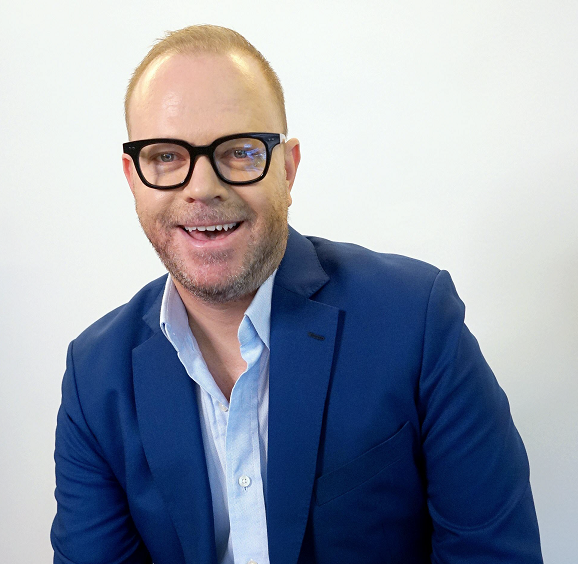
Ensuring our commitment to DE&I goes beyond good intentions

December 2, 2021
DE&I is everyone’s responsibility

Fear is one of the biggest barriers to DE&I progress
At the HBA conference, Hayden shared that one of the biggest barriers to DE&I actions and progress is our own fear. Where to start? What’s the right thing to do? Is this really the way forward? “We need to get comfortable with being uncomfortable,” Hayden said. “We don’t always have all the answers or know the right way to start a conversation or change a behavior. Starting from a place of curiosity, with a learning mindset, is critical. It all begins with asking questions.”
Going beyond the “D” of DE&I
“One of the biggest issues of the moment is representation – or diversity, the ‘D’ in DE&I. But sometimes we can put a disproportionate focus on bringing and growing diversity in an organization,” Hayden said. He outlined that the impact of focusing efforts on diversity alone can be negated if you don’t have a culture of inclusion that ensures everyone feels a sense of belonging. Hayden continued, “We know that we won’t be able to keep, engage or grow our people if there’s not inclusion.”
Disrupting bias
In the health care industry, we’re driven by data and science and unconscious bias is a science. “We need to understand it,” Hayden shared. “But we also need to recognize that unconscious bias training alone won’t solve everything.” At Takeda, we’re shifting our focus to how we can create a culture of disruption. “I like to encourage people to consider how they can interrupt, disrupt or softly challenge things that aren’t supporting an inclusive culture,” Hayden said. In addition to training and encouraging employees to demonstrate inclusive behaviors – and hold others accountable to do the same – we’re focused on how we can each have the confidence, the language that is authentic to us, and a toolkit of actions to disrupt bias in our systems and processes, including how we hire, develop, evaluate and promote.
For Takeda it all connects to health equity
Hayden shared that Takeda’s north star in DE&I efforts is health equity: “Every action we take to grow DE&I internally drives a health equity outcome.” At Takeda, we understand there are underserved patients and unequal access to medications and healthcare services. Investments and progress we make internally to improve DE&I have an important role to play in improving health equity.
A collective effort
Hayden closed his HBA session by underlining the importance of bringing others along on our DE&I journey, by sharing what’s working, collaborating on new ideas and holding each other accountable. Through supplier diversity programs, for example, we can influence greater change. Hayden concluded, “One company alone can’t fix everything – but the ecosystem of organizations we partner with will help us drive that change…we are a member of that orchestra. Sometimes we have the ability to conduct and guide.”
Learn more about opportunities to join the Takeda team.